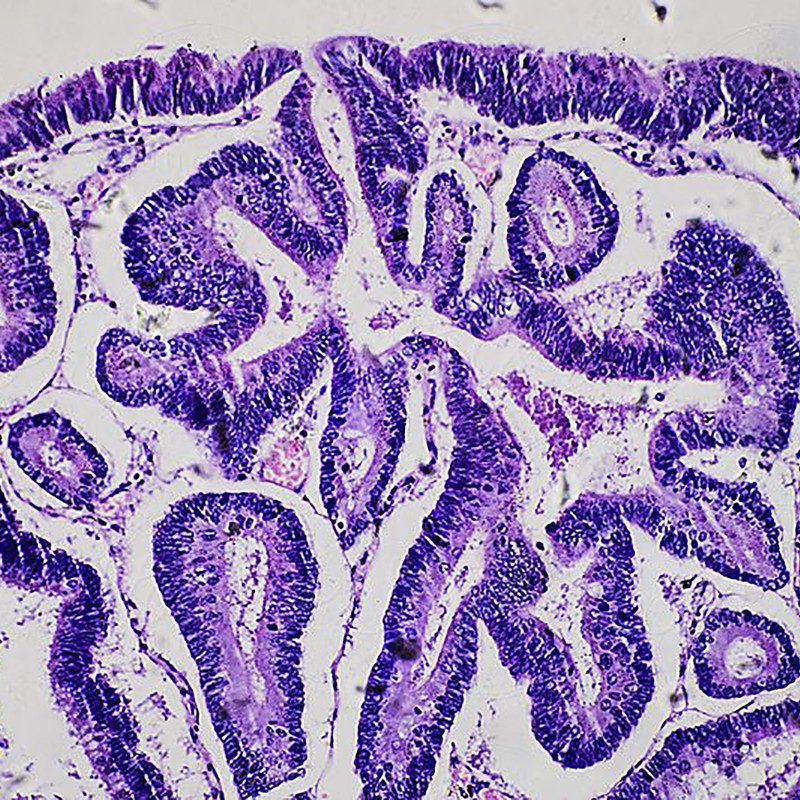Could SIBO Be The Real Cause Of IBS?
Tell us more…
We all need bacteria in our colon for healthy digestion, but those suffering from SIBO have significantly more than normal, which causes an array of symptoms. There are certain conditions associated with SIBO, including diabetes, scleroderma, Crohn’s disease and obstruction of the small intestine, but it can also be caused by multiple courses of antibiotics, food intolerances, low stomach acid and gastroenteritis.
There is a striking similarity between the symptoms of irritable bowel syndrome and SIBO, and the latest research suggests that, in many cases, SIBO might underlie Irritable Bowel Syndrome. One study in the American Journal of Gastroenterology found SIBO to be present in 84% of IBS patients tested, although other studies have suggested that this figure may be lower and closer to 50%.
So what are the symptoms?
A typical patient with SIBO can experience symptoms that fluctuate in intensity over months, years or even decades, before a diagnosis is made. The main symptoms include:
• Excess wind and belching
• Abdominal bloating and distension
• Diarrhoea
• Constipation
• Abdominal pain
When the overgrowth is severe and prolonged, the bacteria may interfere with the digestion and absorption of food, so deficiencies of vitamins and minerals may develop. People with SIBO sometimes also report body aches or fatigue – in fact, patients with fibromyalgia and chronic fatigue syndrome also have been observed to have a high rate of SIBO.
How is SIBO diagnosed?
The most common method is a hydrogen breath test. The gases produced by bacteria that live in the colon are eliminated by the breath, and can be measured using special analysers. Patients will be asked to fast for 12 hours before the test, then ingest small amounts of a test sugar, and have their breath measured. Normally patients secrete no gas in their breath after ingesting glucose, but those with SIBO will.
It can also be diagnosed by culturing bacteria from the small intestine. A long, flexible tube is passed through the nose, down to the small intestine where fluid is collected. This fluid is then cultured to determine what bacteria begin to grow. However this method is rare and typically only used for research purposes, as it’s uncomfortable, expensive and sometimes inaccurate.
Can it be treated?
There are five main treatment approaches for SIBO:
Antibiotics: The typical course is two weeks, and must be prescribed by a GP. However, SIBO can and often does rebound so antibiotics by themselves can be ineffective in resolving the condition permanently.
Herbal antibiotics: These include enteric-coated peppermint, golden seal, oregano or grapefruit seed extract. They can be safely taken for a longer period than regular antibiotics and many patients choose to follow a course of GP-prescribed antibiotics with herbal ones.
Probiotics: They may be used alone, in combination with antibiotics, or for prolonged maintenance.
Specific Carbohydrate Diet (SCD): Removing certain carbohydrates and sugars from the diet starves the bacteria. This can take a number of weeks to several months, depending on symptom severity.
Elemental Diet: This involves the use of a liquid diet containing predigested food which is rapidly absorbed in the upper part of the small intestine – feeding the host and not the bacteria. The diet takes 14 days and is considered to be very effective, but can be costly.
The bottom line?
If you suffer from IBS and are struggling to manage the symptoms, it’s well worth having a test for SIBO. But keep in mind, hydrogen breath tests are not standard practice on the NHS so you’ll most likely have to visit a specialist private clinic for a diagnosis of SIBO. And remember, if you haven’t seen your GP about your IBS symptoms, it’s always worth a visit first to rule out any other underlying health conditions.
For more information, visit IBSClinics.co.uk
DISCLAIMER: We endeavour to always credit the correct original source of every image we use. If you think a credit may be incorrect, please contact us at info@sheerluxe.com.


